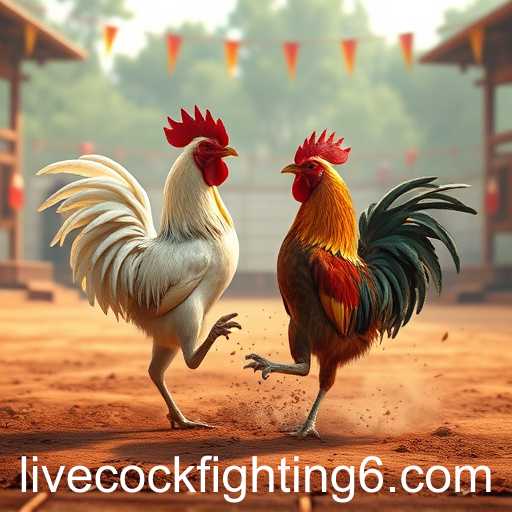In recent years, the gaming industry has witnessed a controversial trend with the emergence of 'live cockfighting' as a keyword across various online platforms. While traditional cockfighting remains illegal in many countries due to ethical concerns and animal rights issues, its virtual counterpart is raising eyebrows worldwide. The term has surfaced prominently on English game websites, bridging ancient practices with modern technology.
This digital adaptation of cockfighting attempts to simulate the traditional bloodsport, offering users a virtual arena where they can engage in betting and watching animated roosters battle. Despite the absence of real animals, the concept has stirred significant backlash from animal rights activists who argue that it perpetuates the normalization of animal cruelty.
The legal challenges associated with this phenomenon are multifaceted. Authorities in various jurisdictions are grappling with how to regulate these online platforms, especially in cases where they involve real monetary transactions. The blend of online gaming and betting further complicates matters as jurisdictions with stringent anti-gambling laws may find it difficult to tackle platforms operating internationally.
Moreover, there is a growing discourse about the societal impacts of promoting such content. Critics assert that gamifying violent traditions under the guise of entertainment could desensitize younger audiences and diminish the severity of animal welfare issues. In contrast, proponents argue that virtual representations do not equate to actual harm and can be considered an abstract form of entertainment divorced from its historical roots.
As we navigate through 2025, the dynamics of online gaming continue to evolve, pushing the boundaries of legality and morality. With ongoing debates from lawmakers, gaming companies, and social activists, the future of live cockfighting in the digital realm remains uncertain, promising changes in both regulatory policies and cultural perceptions.








